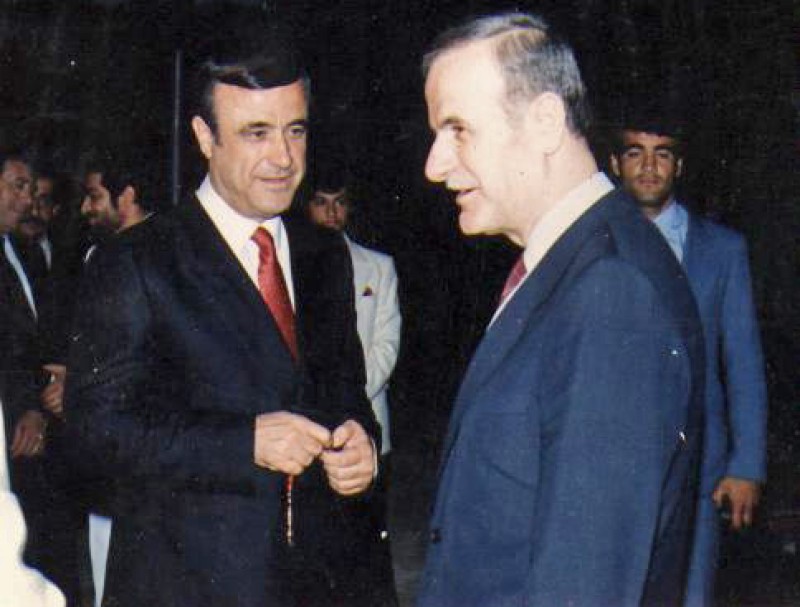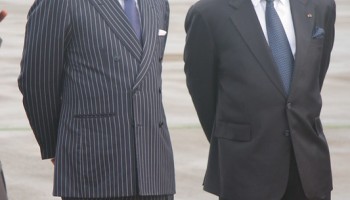After the anti-corruption group Sherpa filed in 2013 a lawsuit against him, Rifaat al-Assad, 82, was tried in December in absentia for “medical reasons.”
Grimly nicknamed “the Butcher of Hamah” for his alleged role in the massacre of thousands of opponents of the Syrian regime in Hamah in 1982, al-Assad left Syria in 1984 after he mounted a failed coup d’etat against his brother, Bashar’s father. Since his exile, the now UK-resident has built himself a real-estate empire in France and in other European countries.
However, as part of its ruling, the Paris judicial court ordered the seizure of his French real estate assets, valued at 90 million euro (US$101 million).
His assets comprised a castle near the city of Lyon, two mansions in chic Paris neighborhoods, a stud farm and about 40 apartments, the AFP reported.
Al-Assad’s lawyers failed to prove that his money came from “financial help” from Saudi Arabia for his exile.
“We are extremely satisfied with this ruling,” Laura Rousseau from Sherpa told OCCRP. “It is an exemplary decision for the victims of embezzlement and money-laundering.”
Al-Assad’s lawyers have announced their intention to appeal the verdict.
‘Ill-gotten gains’ cases have been brought by Sherpa against several heads of state or members of their families suspected of having laundered or embezzled ressources at the expense of the civilian population.
The rulings raised the question of the restitution of the money to the people of the countries they were stolen from. Sherpa as well as Transparency International France have long decried the absence of law regarding such cases.
“The appeal will give us time to put pressure on the lawmakers,” Laura Rousseau said.
In February 2020, Sherpa was celebrating another victory in the ill-gotten gains lawsuits, this time against the vice-president of Equatorial Guinea, Teodorin Obiang.






